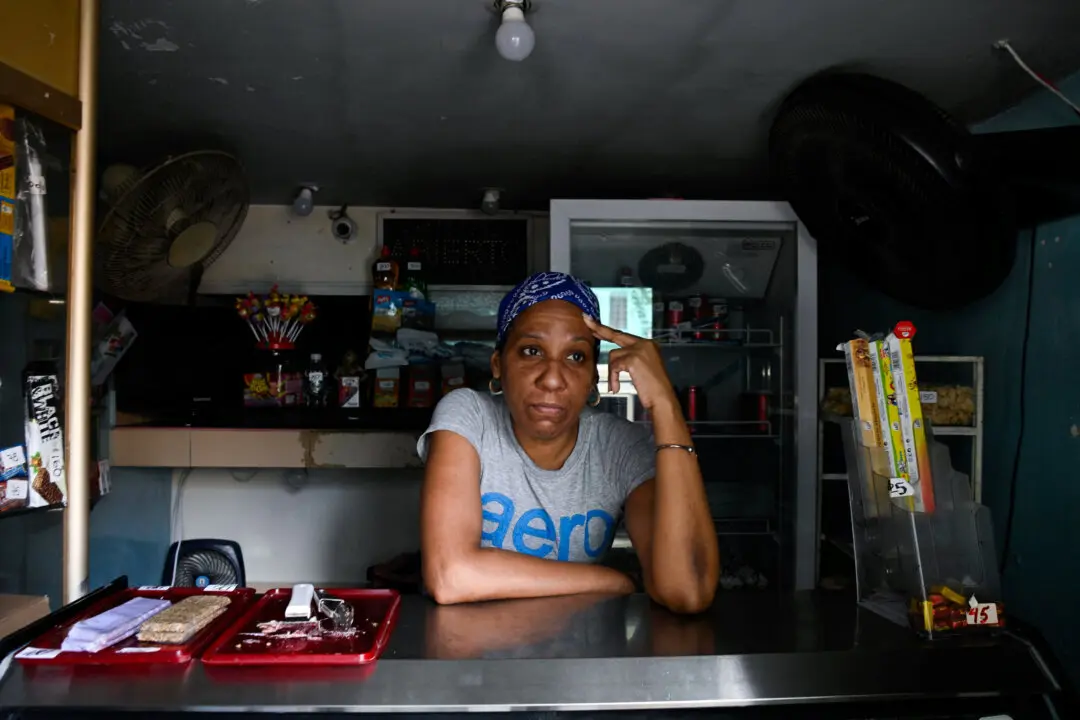BUDAPEST/LONDON—Hungary said on Wednesday it was prepared to pay roubles for Russian gas, breaking ranks with the European Union which has sought a united front in opposing Moscow’s demand for payment in the currency.
Hungary will pay for shipments in roubles if Russia asks it to, Prime Minister Viktor Orban told a news conference on Wednesday in reply to a Reuters question.





